Hyundai unveils first Indonesia-made Ioniq 5 EV
By ASIA NEWS NETWORK | 05 April 2022
JAKARTA: Hyundai has unveiled the first fully electric, mass-produced car assembled in Indonesia, bringing the Indonesian government closer to its goal of turning the country into a global electric vehicle (EV) player.
The Ioniq 5 is a battery electric vehicle (BEV), meaning it is fully electric, whereas earlier models from other manufacturers are hybrid models partly or largely still powered by combustion engines.
PT Hyundai Motors Indonesia (HMID) said in a statement on March 31 that the car was produced at the Hyundai Motor plant in Cikarang, West Java, which had an output of 250,000 vehicles annually.
President Joko Widodo launched the assembly plant on March 16.
“Through Ioniq 5, Hyundai proves its commitment to building future mobility; therefore, Indonesia can become one of the world's most important (EV) players,” said Hyundai Motors Indonesia president director Sung Jong Ha.
READ MORE: First 13 buyers take delivery of Hyundai Kona Electric in Malaysia
The government seeks to turn Indonesia into a global EV player by increasing domestic demand and by developing factories for EVs and EV batteries.
Indonesia targets to have 400,000 electric four-wheelers and 1.76 million two-wheelers on the road by 2025. The government also aims to produce 2 million EVs by the same period.
The Ioniq 5 is the latest to Hyundai's all-electric lineup that includes the Ioniq Electric and Kona Electric.
Hyundai has not yet disclosed the price of the new model, but HMID chief operating officer Makmur told tempo.co that the price would be higher than its predecessors. The models are slated for distribution in April.
The Ioniq 5 is already available in Malaysia and priced from RM199,888. At present, the Ioniq 5 for Malaysia is imported from South Korea but it is likely to come from Indonesia when the plant there is ready to ramp up production for export.
According to the Hyundai website, several earlier models were sold in Jakarta at between Rp 715.7 million (RM210,000) and Rp 734.9 million (RM216,000)for the Ioniq Electric and Kona Electric, respectively.
The higher prices of EVs compared to their fossil fuel-powered counterparts are often seen as a deterrent to more EV purchases.
Indonesia has introduced several fiscal and non-fiscal incentives to boost consumer appetite for such vehicles. - The Jakarta Post
Tags
Autos Hyundai
Reviews
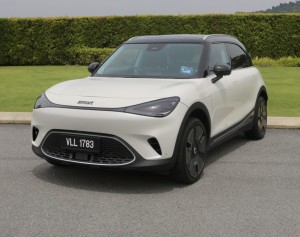
8.8
smart #1 (Premium): Agile, engaging, roomy, premium motoring

6.6
Suzuki V-Strom 250 SX: Multi terrain warrior
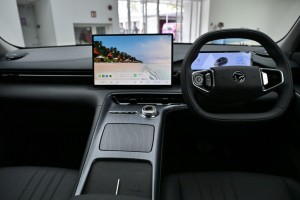
Proton e.MAS 7 impresses in quick dynamic driving exercises
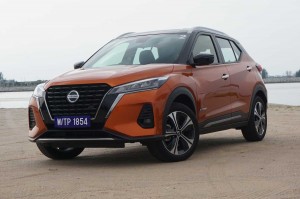
Nissan Kicks e-Power: Kicking off a new efficiency
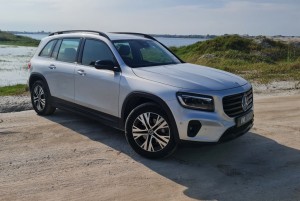
6.8
Mercedes-Benz GLB 200: Measured versatility
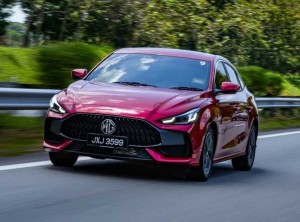
MG5: Slick and comfortable cruiser
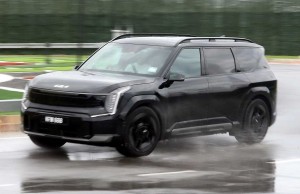
8.2
Kia EV9: Prime cut

8.0
Triumph Tiger 1200 GT Pro: High adventure on two wheels
Videos

The Snowball – Lamborghini’s Heartwarming Christmas Story of...

EVOGO battery swapping solution showcased at IAA Mobility 20...

Jaguar's Bold Type 00 Concept: A Glimpse into the Future of ...
